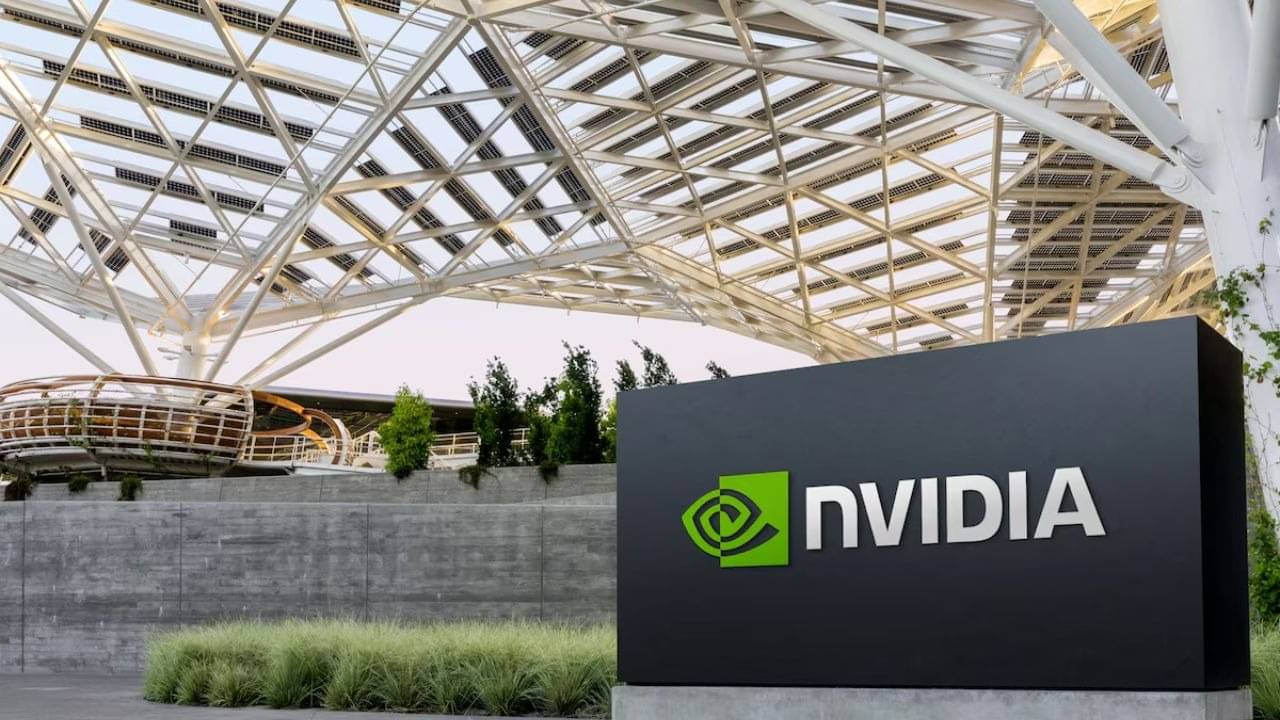Updated April 16th 2025, 08:32 IST Nvidia’s shares fell more than 6% in after-hours trading on Tuesday after the company announced it would incur a $5.5 billion charge in its upcoming quarterly. Nvidia’s shares fell more than 6% in after-hours trading on Tuesday after the company announced it would incur a $5.
5 billion charge in its upcoming quarterly results. This financial setback stems from new restrictions on the export of its H20 artificial intelligence (AI) chips to China, a significant market for the chipmaker. The U.

S. government has imposed new export controls on Nvidia’s H20 chips due to concerns that these chips could be used in the development of supercomputers in China, potentially giving the country an edge in the AI race. Despite the H20 being less powerful than other Nvidia chips, its high-speed memory and connectivity capabilities make it attractive for supercomputer development.
As a result, Nvidia will need a special license to sell these chips to China, with no clarity on how many licenses the U.S. government will grant.
This move comes as the U.S. attempts to curb China’s technological advancements in AI, particularly in military and supercomputing applications.
Nvidia's H20 chip is central to its business in China, especially among companies like Tencent, Alibaba, and ByteDance, which have been ramping up their orders due to growing demand for AI models. Also Read: Stocks To Watch, April 16, 2025: IndusInd Bank, RIL, IREDA, Axis Bank, ONGC, Vedanta And Others Impact on Nvidia’s Financials The $5.5 billion charge will cover inventory, purchase commitments, and related reserves for the H20 products.
Nvidia’s CEO, Jensen Huang, remains optimistic about the company's position in the AI market, arguing that it is well-positioned to dominate AI inference, a key market segment. However, these export restrictions pose a significant financial challenge in the short term, especially in a market as critical as China. U.
S. and Asian Market Overview In the U.S.
, the tech industry faces heightened scrutiny as the government tightens its grip on exports of sensitive technology to China. Nvidia’s decision to take a financial hit highlights the increasing tension between the two countries over AI and semiconductor technology. The company’s focus on domestic manufacturing, including a new initiative to build AI servers worth up to $500 billion over the next four years, shows how companies are adapting to these geopolitical pressures.
Meanwhile, in Asia, China’s demand for Nvidia's AI chips has been growing rapidly, with companies like Tencent and Alibaba pushing forward in the race to develop low-cost AI models. Despite the export restrictions, Nvidia remains committed to the Asian market, although the new U.S.
regulations will undoubtedly impact its sales there. Published April 16th 2025, 08:32 IST.
Business

Why Nvidia’s Shares Fell Over 6% After $5.5 Billion Charge – What you need to know

Nvidia’s shares fell more than 6% in after-hours trading on Tuesday after the company announced it would incur a $5.5 billion charge in its upcoming quarterly.














